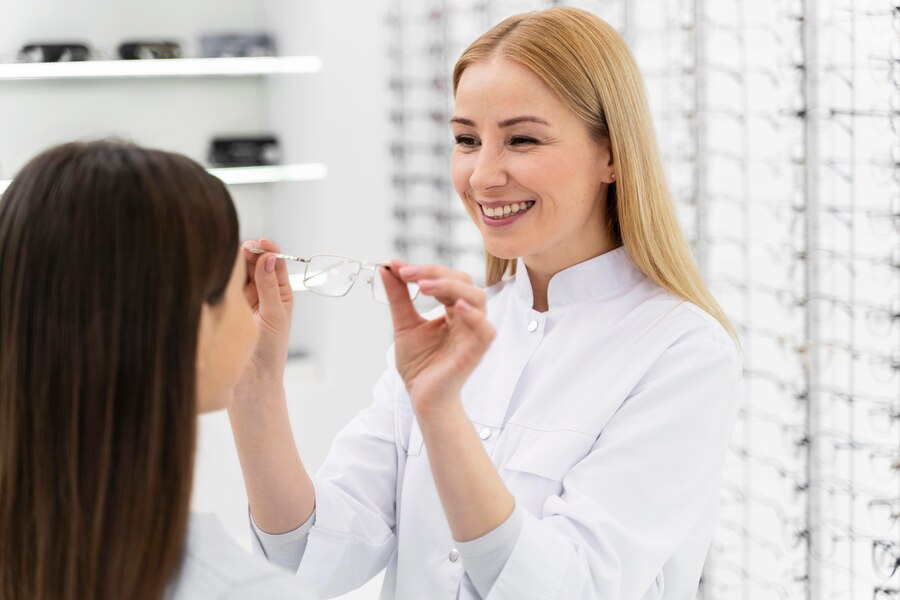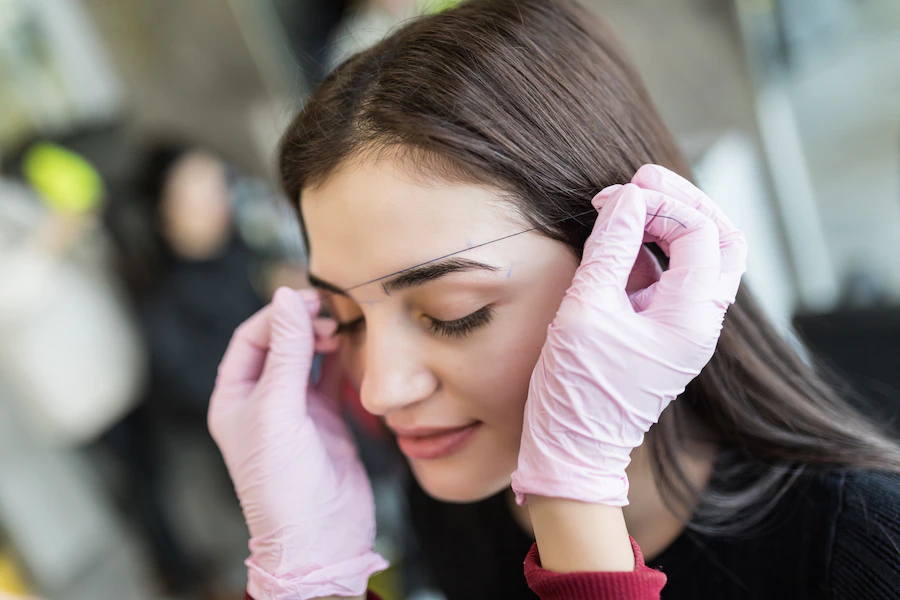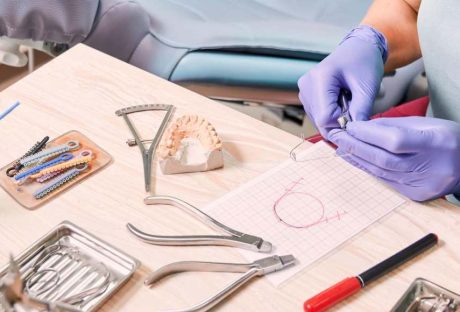Our eyes are often referred to as the windows to our soul, and taking care of them is essential for maintaining eye beauty. Among the various elements that contribute to alluring eyes, our eyelashes play a crucial role in framing and enhancing their beauty.
Maintaining good hygiene of your eyelashes is essential not only for beauty but also from a health point of view. Here are some tips that you can follow to maintain good eyelash hygiene.
Gentle Makeup Removal
Properly removing eye makeup at the end of the day is crucial for maintaining the beauty and health of your eyes and lashes. Use a gentle eye makeup remover or micellar water to dissolve the makeup without harsh rubbing or tugging. Be especially careful when removing mascara, as rough handling can lead to lash breakage and fallout.
Adopt A Regular Cleansing Routine
To maintain eye beauty, including your lashes, embrace a regular cleansing routine. Use a mild cleanser or specially formulated eye cleanser to wash away dirt, debris, and excess oils from your eyelids and lashes. You can achieve pristine lash hygiene with Lashes by RK’s best lash shampoo. Moreover, Keeping the area clean reduces the risk of eye infections and promotes lash health.
Avoid Waterproof Mascara For Daily Use
While waterproof mascara offers excellent longevity, using it daily can be harsh on your lashes. Waterproof formulas often require more rubbing and tugging during removal, which can weaken and damage your lashes over time. Reserve waterproof mascara for special occasions and opt for regular, non-waterproof mascara for daily use.
Nourish With Lash Serums
Eyelash serums enriched with vitamins and nutrients can work wonders for maintaining the beauty of your lashes. These serums help to strengthen and nourish the lashes, promoting healthy growth and reducing the risk of breakage. Look for serums that are ophthalmologist-tested and safe for sensitive eyes.
Read Also: How To Care For Your Eye In 5 Medically Proven Ways
Limit Eyelash Curling
While an eyelash curler can add a beautiful lift to your lashes, over-curling can lead to damage and breakage. Use an eyelash curler sparingly and avoid applying too much pressure. If you prefer a more natural look, skip the curler altogether and opt for a volumizing mascara instead.
Refrain From Rubbing Your Eyes
Rubbing your eyes vigorously, especially when they are irritated or itchy, can cause lash breakage and even lead to lash loss. Be mindful of this habit and avoid rubbing your eyes whenever possible. If you experience eye irritation, try using a cool, damp cloth or artificial tear drops to soothe the area gently.
Final Words
Maintaining eye beauty encompasses a range of practices, with a particular focus on eyelash care. By adopting a gentle makeup removal routine, embracing regular cleansing, and avoiding harsh waterproof mascaras for daily use, you can protect the health and beauty of your eyes and lashes. Nourishing your lashes with lash serums and natural oils promotes healthy growth and reduces the risk of breakage. Additionally, being mindful of eyelash curling and refraining from rubbing your eyes will further ensure the allure of your eye beauty.
Read Also:
- Are you aware of Belviq – a Weight-Loss Drug?
- Seven Best Meal Replacement Ideas For Weight Loss
- The Science Behind Blue Light Glasses

























